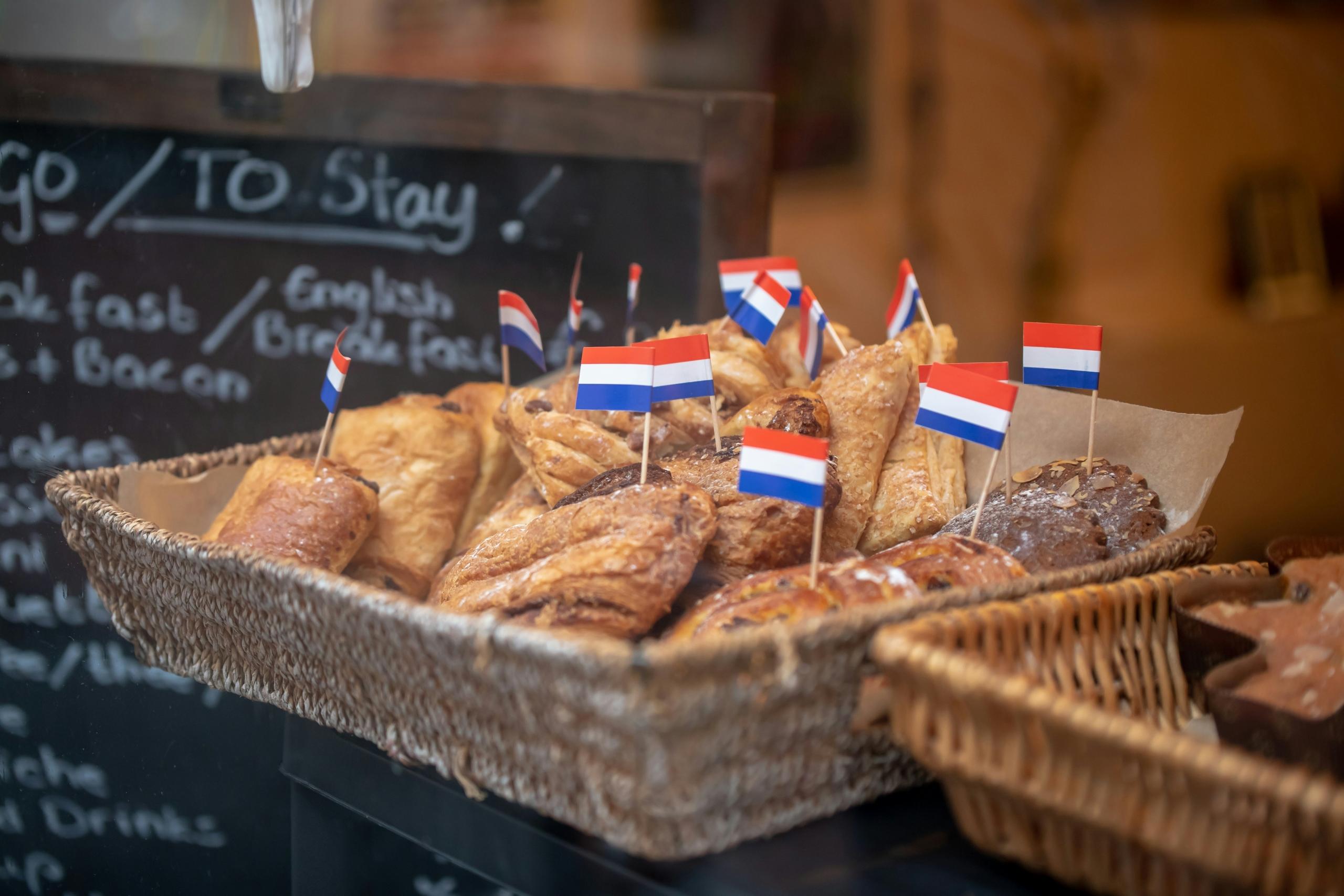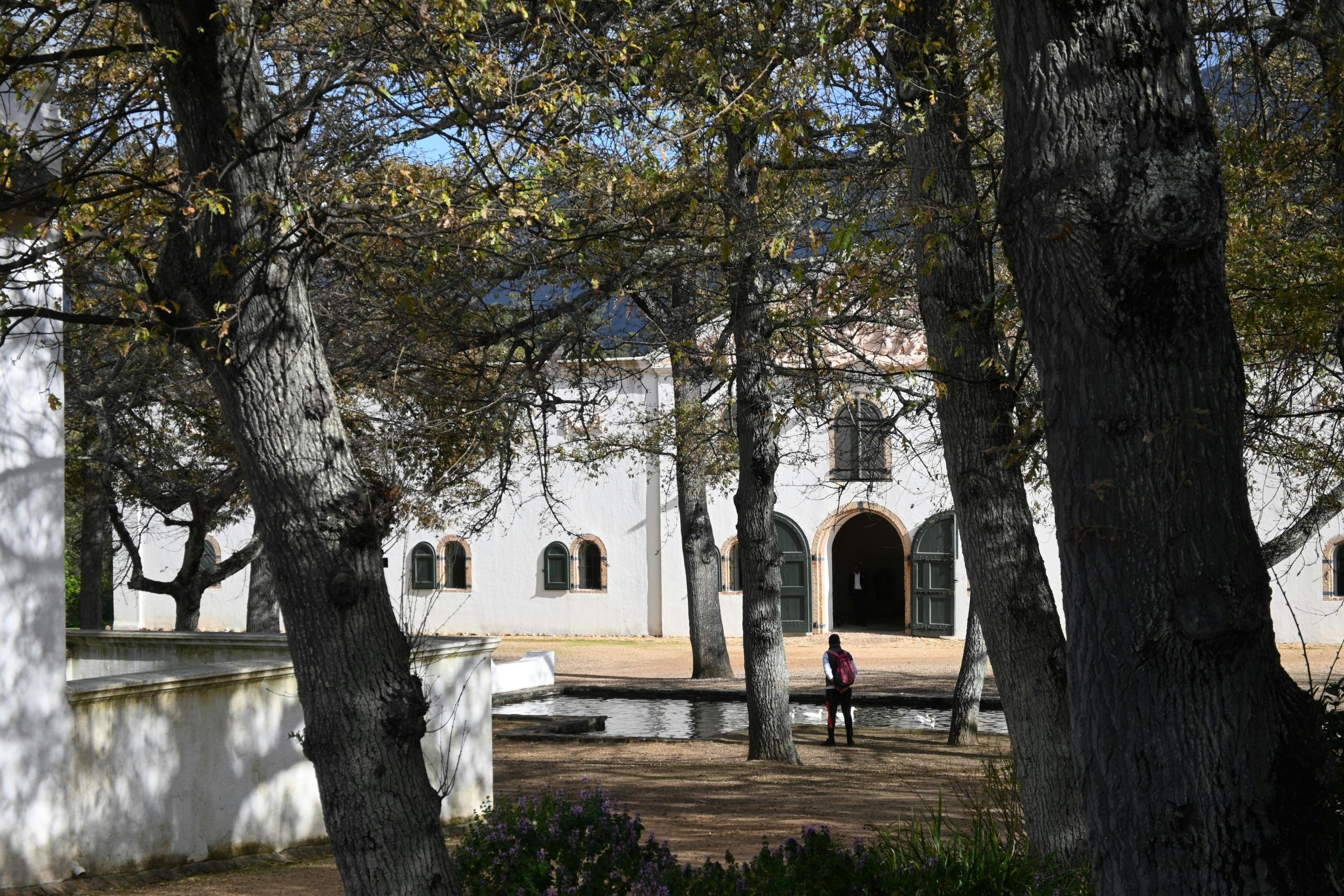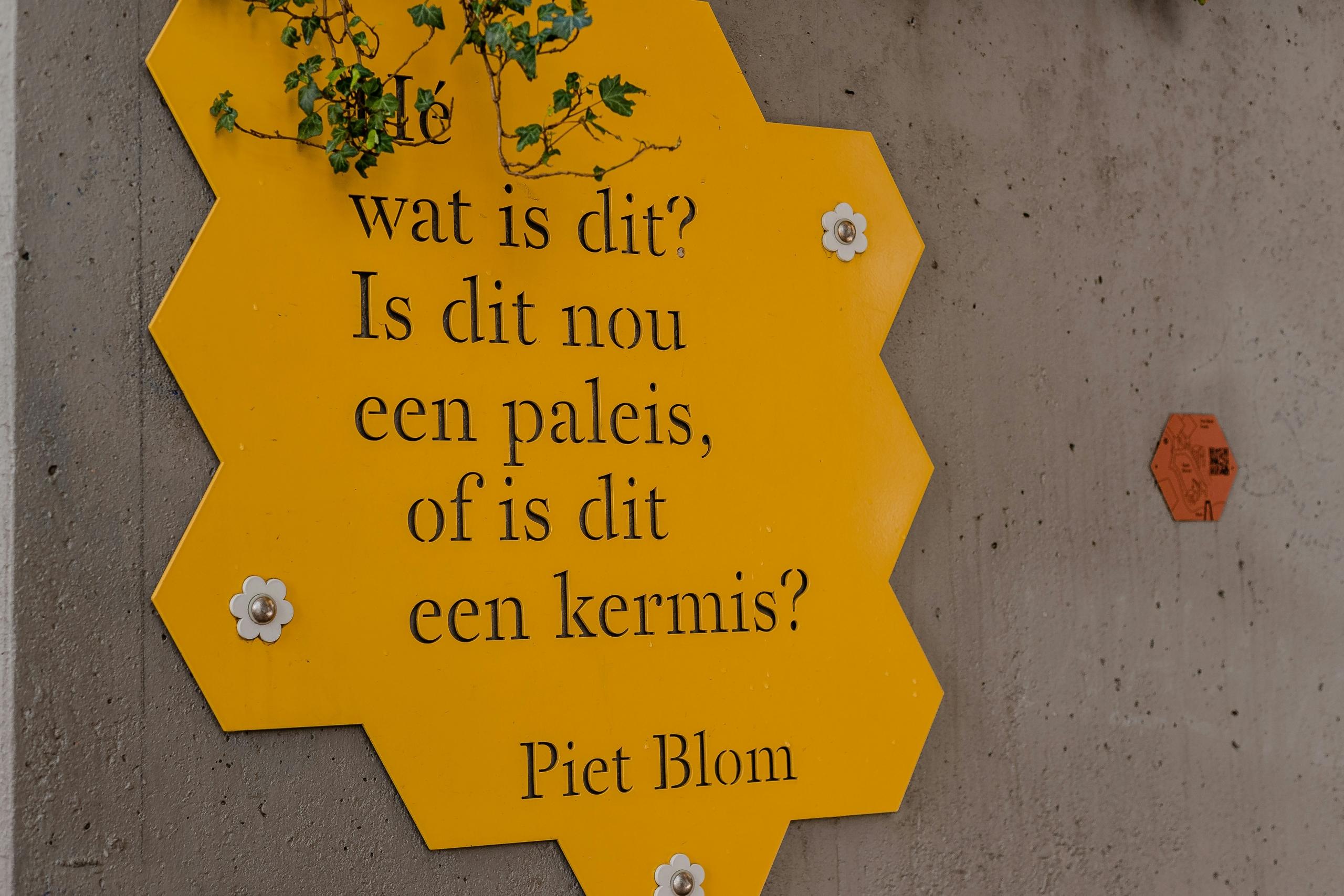The influence of Dutch colonisation on South African culture and language is profound. Not only does it mark the beginning of significant cultural and societal shifts that shaped modern South Africa, but it is also central to the emergence of the Afrikaans language. Understanding this historical development offers valuable insights into the overall linguistic landscape of South Africa today. In this article, we will explore the deep-rooted connections between Dutch and Afrikaans, including the pivotal question: is Afrikaans related to Dutch?
In addition to looking at how Afrikaans was formed, we answer the questions:
Does Afrikaans come from Dutch?
Are Dutch and Afrikaans the same?
And, how close are Dutch and Afrikaans?
If these questions intrigue you too, keep reading as we have the answers.

Dutch Colonisation: A Historical Overview
In looking at the question, are Dutch and Afrikaans the same, it’s necessary to look at the roots of the language. The history of Afrikaans began with Dutch colonisation of South Africa in the mid-17th century when the Dutch East India Company established a supply station at the Cape of Good Hope in 1652. This was an important era where European settlers, predominantly Dutch, played a significant role in shaping the cultural and linguistic framework of the area.
The Dutch settlers, also known as Boers, brought their language and customs which began to intermingle with the indigenous cultures and languages in the country. Over time, the combination of the languages led to the formation of a unique cultural identity that bore hallmarks of both the Dutch settlers and the indigenous people.
So, does Afrikaans come from Dutch? Most certainly, but how close are Dutch and Afrikaans in terms of language today?
The Evolution of Afrikaans from Dutch
The development of Afrikaans from Dutch is a fascinating linguistic journey. In the beginning, the language initially evolved as a simplified version of Dutch which incorporated elements from various languages spoken by slaves, indigenous peoples, and other settlers. Over many years, this process gave birth to a distinct language that, while rooted in Dutch, developed its own unique characteristics too. Still, how close are Dutch and Afrikaans languages today. Very!

Is Afrikaans Related to Dutch?
The question "is Afrikaans related to Dutch?" can be answered with a resounding yes. As already mentioned, Afrikaans originated from the Dutch spoken by settlers in South Africa, particularly from the dialects of Dutch sailors and soldiers who settled at the Cape. This relationship is plainly evident in the vocabulary, grammar, and syntax of Afrikaans, which closely mirrors that of Dutch. However, like most dialects that emerge from a parent language the evolution of Afrikaans also resulted in significant simplification and changes.
How Close Are Dutch and Afrikaans?
When considering how Afrikaans was formed," it is essential to acknowledge its Dutch roots while recognising the divergence that occurred over centuries at the same time. Interestingly, Afrikaans retains approximately 90% of its vocabulary from Dutch, which means that many words are easily recognisable to speakers of both languages. Having said this the grammar and phonetics of Afrikaans have undergone considerable simplification, which makes it easier to learn and speak compared to its Dutch parent.
Despite these differences, the two languages remain mutually intelligible to a significant extent, which allows speakers and listeners of both to understand each other with relative ease.
So, are Dutch and Afrikaans the same?
While certainly similar, it is crucial to differentiate between the two languages. Despite their common origins, Dutch and Afrikaans are distinct languages, each with its own identity. Does Afrikaans come from Dutch? Yes, but that does not mean that they are the same.
The differences lie in pronunciation, grammar, and vocabulary. For instance, unlike Dutch, Afrikaans has a more straightforward grammar system with fewer verb conjugations and no gender distinctions in nouns, unlike Dutch. These differences highlight the unique evolution of Afrikaans while still show a clear link to its Dutch roots.

How Afrikaans Was Formed
The formation of Afrikaans is a perfect example of the dynamic nature of language evolution. When it comes to how Afrikaans was formed, one must take into account the amalgamation of Dutch with influences from Malay, Portuguese, French, German, and indigenous African languages.
This linguistic melting pot created a language that was not only a means of communication but also a symbol of the diverse cultural interactions in South Africa. In addition, the language's development was further shaped by the geographical isolation of Dutch settlers, which led to the gradual divergence from standard Dutch.
Does Afrikaans Come from Dutch?
To further address the question "does Afrikaans come from Dutch” only need to look at the language’s evolution from the 17th century when dialects spoken by settlers in the Cape Colony began to gain traction.
Over time, the language absorbed words and phrases from other languages due to the multicultural environment of the colony. This evolution resulted in a language that, while distinct from Dutch, retains a strong Dutch influence, evident in its vocabulary and structure.
Interested in taking Dutch lessons to get a better understanding of Afrikaans? Check out the tutors on Superprof.
The Cultural Impact of Dutch Colonisation

Dutch colonisation's cultural impact on South Africa extends beyond language. The Dutch settlers brought with them architectural styles, agricultural practices, and social customs that have left a lasting imprint on South African culture. The Cape Dutch architectural style, characterised by ornate gables and thatched roofs, remains a significant feature of South African heritage. Similarly, the agricultural techniques introduced by the Dutch have influenced many farming practices in the region.
In addition, the Dutch also contributed to the social and cultural fabric of South Africa through their customs and traditions. The celebration of Dutch holidays, such as New Year's Eve and Easter, as well as the adoption of Dutch culinary practices, including dishes like bobotie and biltong are all examples of the enduring Dutch influence on South African culture.
The Role of Afrikaans in Modern South Africa
Now that we have answered ‘does Afrikaans come from Dutch’ – it is relevant to look at the role of Afrikaans in modern South Africa today. Despite its links to Apartheid, Afrikaans is still a significant part of South African identity. Not only does it reflect the country's complex history and diverse cultural heritage, but it is also one of the 11 official languages of South Africa and is still spoken by millions of people across the country. For many, Afrikaans is not only a means of communication, but also a symbol of cultural pride in some South African communities.
Like all languages, it continues to evolve to include modern terminology and expressions while adapting to the changing social and cultural landscape of South Africa too. For instance, Afrikaans literature, music, and media continue to thrive and go a long way to contribute to the rich tapestry of South African culture.
There’s no doubt, the resilience and adaptability of Afrikaans also highlights its significance in the country's past, present, and future.

Wrapping Up Our Questions
The influence of Dutch colonisation on South African culture and language is undeniable and Afrikaans is by far the most significant and enduring monument to this history. There’s no doubt, the evolution of Afrikaans from Dutch encapsulates the complex interplay of linguistic and cultural influences that have shaped South Africa. Understanding this relationship answers key questions raised earlier.
By exploring these questions, we hope you have gained a deeper appreciation for the rich cultural and linguistic heritage of South Africa, forged through centuries of interaction, adaptation, and resilience.
Remember that learning any new European language is a valuable investment to your list of credentials. If you have an Afrikaans background, it makes sense to use this as a significant advantage to add Dutch to your skillset.
To do this, consider Superprof. Learning Dutch with a private Superprof tutor is extremely powerful.
Not only do you receive personalised attention, but lessons are tailored and flexible according to your unique goals and learning style. Compare the Dutch tutors near to you or learn online with tutors from all over the world.
We guarantee that you will be surprised by their diversity and affordability.
Summarise with AI:















